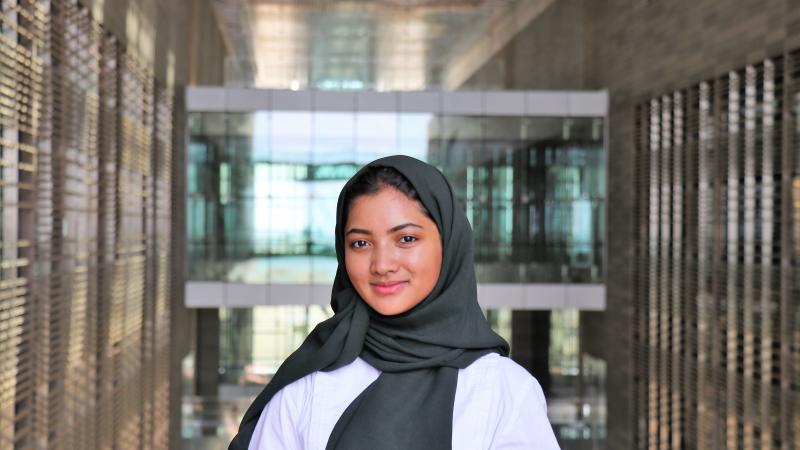Abstract:
Unexpected high mutations detected in new emerging variants of concern (VOCs) of
severe acute respiratory syndrome coronavirus 2 (SARS-CoV-2), especially in the case of
omicron, raises concerns and efforts to understand their evolutionary trajectory. Several
hypotheses have been discussed in literature to conceptualize the source of their
emergence, including intra-host viral evolution in immunocompromised patients. These
high-risk hosts are immune vulnerable, thus grant opportunities for the emergence of
new variants through a persisting virus winning against host immunity, and selection for
viral mutations driven by treatment interventions. Not many studies have investigated
the evolutionary rate of SARS-CoV-2 in immunocompromised candidates. Therefore, the
purpose of this study is to reveal the potential mechanisms underlying the emergence of
VOCs by exploring substitution rate of SARS-CoV-2 genomes from surveyed COVID-19
immunocompromised patients’ studies. First, SARS-CoV-2 genome sequences were
collected at sequential time series throughout host infection, which were reported in the
previous studies. Then, phylogenetic analysis was initially conducted followed by
mutation rate analysis using two substantial similar approaches to calculate the rate in i)
substitutions per month and ii) substitutions per site (per year). The mutation tendency
of SARS-CoV-2 in immunocompromised hosts was compared to reported VOCs,
particularly to omicron. Most patients showed significant high mutation rate due to
prolonged infection and selection pressure by treatment interventions (i.e., convalescent
plasma and antibodies). However, it is important to note the diverse evolutionary rate
across the patients, probably due to the variation in sampling time points and various
treatments regimes. Here, higher rate of intra-host viral evolution is detected in
immunocompromised patients, which potentially lead to the emergence of VOC. This
research highlights the need for sequencing efforts in high-risk individuals, updating
treatment strategies along with further analysis on adaptive mutants pronounced as a
result of intra-host evolution. Together, such findings provide an ultimate synergy for
future public health guidelines and infection control measures.
Bio:
Azari has received her BSc degree in Medical Genetics from the Medical School at
Swansea University, UK, in 2020. There, she has experienced working in the immunology
research department to discover host-dependent microenvironment in shaping the
innate metabolic immune response upon elevated fructose exposure associated with
cancer and infectious diseases. Soon after, she was admitted at KAUST for M.S. in
Bioscience and joined the Computational Bioscience Research Center (CBRC) to conduct
her master’s thesis. Currently, her bioinformatics research, supervised by Prof. Takashi
Gojobori, is focused on understanding the evolutionary rate of SARS-CoV-2 in
immunocompromised patients.

